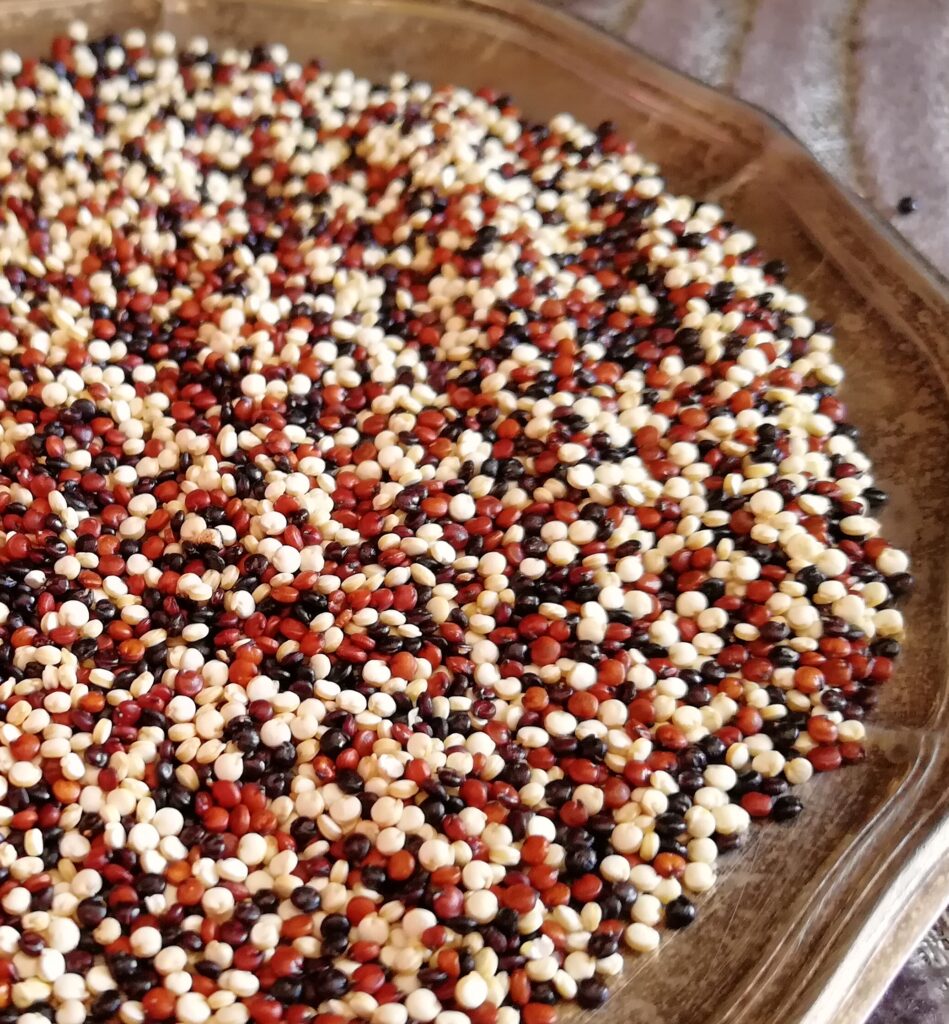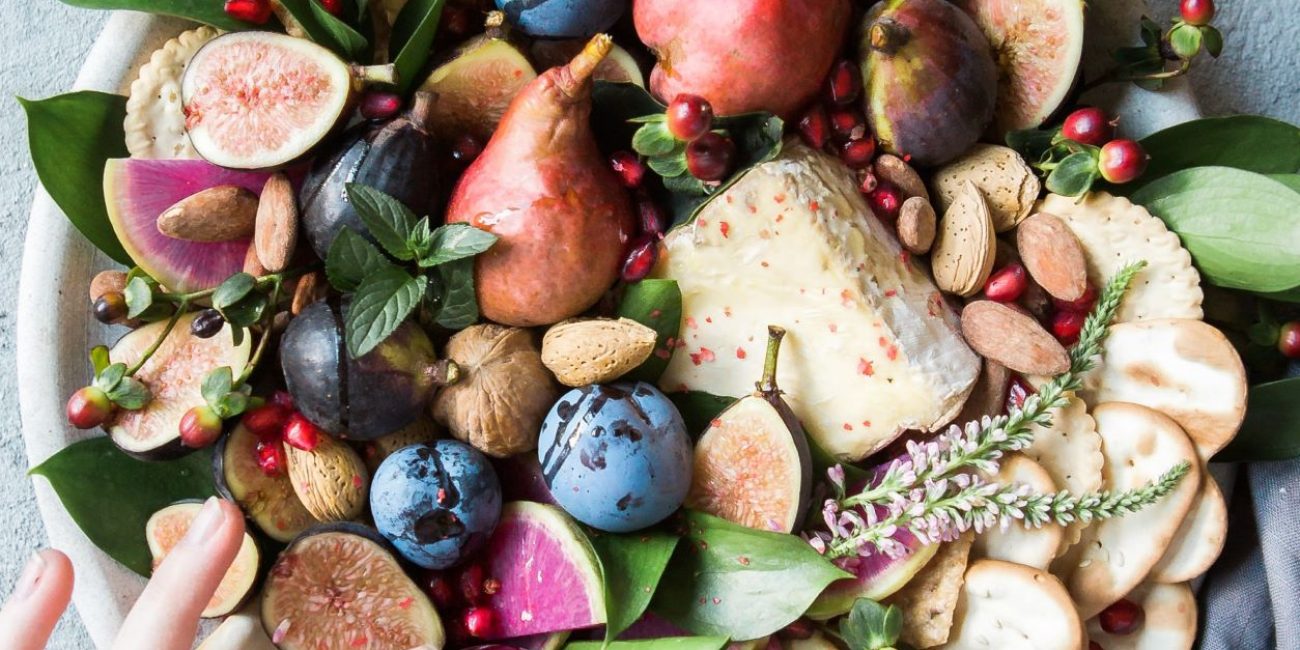Vitamins. Minerals. Fatty acids. Amino acids.
Optimum nutrition.
Did you know that your body is composed entirely of molecules derived from food?
In a lifetime you will eat 100 tons of food, you better choose wisely. Give yourself the best possible intake of nutrients to allow your body to be as healthy as possible and to work as well as it can. For example, you do not have to be vegetarian or to avoid any particular food, there are no rules nor should be any dogmas related to food. The focus should lie on nutrients your body needs and your needs are completely unique. I have written a post on that, check it out. No one diet is perfect for everyone, although there are general guidelines that apply to all of us.
Your optimum nutrition is the intake of nutrients that:
- Promote your optimal mental performance and emotional balance.
- Promote your optimal physical performance.
- Keep you healthy and protect your from disease.
- Extend your healthy lifespan.
Below you find a list of nutrients that have been identified as essential for health. Your health can be promoted and maintained at the highest level if you are able to achieve your optimal intake of each nutrient every single day. It may seem overwhelming first. You do not have to start calculating micronutrients content in foods as long as you do not eliminate any of the macronutrients (complex carbs, protein, healthy fats) from your plate and eat a varied diet.
Every single day your food should contain following micronutrients:
- Fats: Omega 3 and Omega 6.
- Amino acids: Leucine, Lysine, Isoleucine, Threonine, Tryptophan, Methionine, Valine, Phenylalanine, Histidine.
- Minerals: Calcium, Magnesium, Phosphorus, Potassium, Sodium, Sulphur, Iron, Zinc, Copper, Manganese, Chromium, Selenium, Cobalt, Fluorine, Silicon, Iodine, Molybdenum.
- Vitamins: A (retinol & beta-carotene), B1 (thiamine, B2 (riboflavin), B3 (niacin), B5 (pantothenic acid), B6 (pyridoxine), B9 (folic acid), B12 (cyanocobalamin), Biotin, Choline, C, D, E, K.
- Water. Two-thirds of the body consists of water, which is therefore our most important nutrient.
Getting enough nutrients through diet is challenging as we age. Our bodies don’t absorb nutrients as well as they once did. So, it’s important to make the most out of the foods we do eat. I would recommend eating some of the nutrient-dense foods every day, making sure you get some amount of the essential nutrients every day. The list could be much longer, I included items that are easily incorporated into diet.
Kale. As long as you eat it raw you get vitamin C. Minerals are not so sensitive to heat.
- Vitamins: C, K1, A (beta-carotene), B1, B2, B3, B6.
- Minerals: Potassium, calcium, magnesium, copper, manganese, iron and phosphorus.
- Omega 3 fatty acids.
Garlic. When you let the crushed garlic sit for 10 minutes before consumption you get more health benefits from it.
- Vitamins: C, B1, B6.
- Minerals: Calcium, potassium, copper, manganese, phosphorus, iron, selenium and sulphur.
- Plant-based omega-3 fatty acids.
Eggs. However, I would not recommend eating eggs every day, rather every other day. Eggs are an excellent source of complete protein, meaning they contain all nine essential amino acids (listed above).
- Vitamins: A (retinol), D, E, K, B2, B5, B6, B9 (folate), B12, Choline
- Minerals: Phosphorus, selenium, calcium, zinc.
Quinoa. It is very nutrient-dense cereal (actually a seed), try to include to your diet a couple of times a week.

- Vitamins: B1, B2, B3, B6, B9, E, choline
- Minerals: Magnesium, potassium, calcium, iron, manganese, copper, phosphorus, selenium and zinc.
Nuts. Peanuts, walnuts, almonds, hazelnuts, cashews, pistachios, Brazil nuts, macadamia nuts, pine nuts, pecans. The variety is big hence if you are not allergic to nuts get a handful of nuts for your snack every day. Brazil nuts are an excellent source of selenium.

- Vitamins: E
- Minerals: Iron, potassium, zinc, calcium, selenium, copper, manganese, and phosphorus
- Omega 3 and Omega 6 fatty acids
How to boost your nutrient-dense food intake?
The best piece of advice I can give is to choose whole, natural foods at each meal. Here are some specific ways you can incorporate whole foods into your diet:
- Change your approach to meals and snacks. Think in terms of power-packed plates, even if there isn’t much on them. Easier said than done. For example, if you don’t eat a lot of fruits and vegetables to begin with, just add one serving of one or the other every day, and increase it from there. The more variety, the more vitamins and minerals you’ll get.
- Make smoothies with leafy greens and whole food fats like avocado, nuts, or seeds.
- Add a vegetable snack or two – for example, carrot sticks with hummus or cherry tomatoes with almond butter.
- Top your meals with nuts and seeds. They’re easily added to everything from salads to your breakfast porridge.
- Build your meals around vegetables as opposed to the carbohydrate or protein options.
- Colour / natural pigments of the food is the key. Have a lot of colourful vegetables and fruits on your plate.
What we take into our bodies – be it healthy food, drink, drugs or junk – can dramatically affect our ability to stay healthy and live well into old age.
